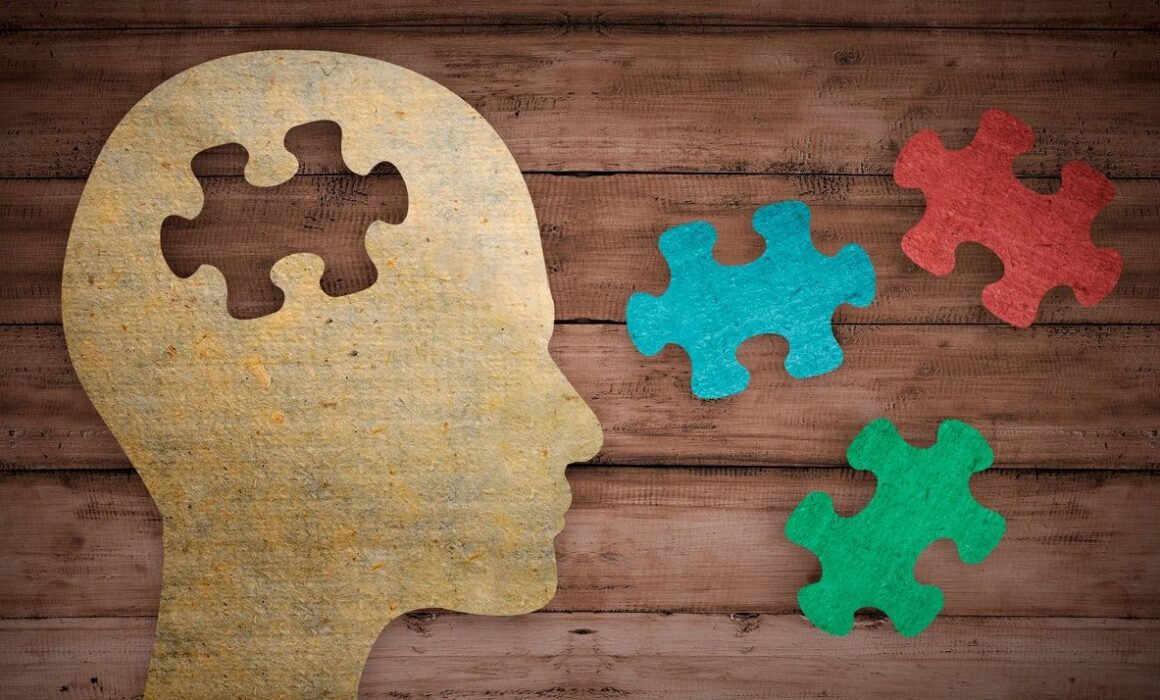Myths about Therapy
In the spirit of Mental Health Awareness, here are some common myths about therapy.
1- Therapy is advice giving
Therapy is not advice. Engaging in therapy allows you to explore your emotions, thoughts, beliefs, and behaviors surrounding a specific issue. Rather than only offering possible solutions or actions that could and should be taken, therapy involves processing and understanding your experiences and how they may be impacting your daily life.
2- Therapy is only about your childhood
Therapy can be about your childhood, but it can also be about your current situation and how you are functioning today. However, experiences from our childhood can affect how we see the world and how we see ourselves, which may affect the choices, behaviors, and relationships we have today.
3- Therapy is only helpful in crises
Therapy is beneficial not only in crisis situations but also throughout life. The purpose of therapy is to improve the emotional and mental health of a person. If we do preventative (or maintenance) work as well as ongoing work on the things that are happening in day-to-day life, it can definitely help prevent mental health crises, or decrease the frequency and severity of them. Therapy on an ongoing basis can prevent mental and emotional flare ups and wounds.
4- Therapy is for the weak
People who engage in therapy have the courage and the bravery to talk about their experiences and feelings, and the life events that have affected them. People who engage in therapy show vulnerability when they acknowledge that they’ve been emotionally injured in some way, which is a strength rather than a weakness. Those who view therapy as a negative or a weakness often struggle with vulnerability and the courage to talk about their feelings, as well as making themselves a priority. Those who seek therapy also believe that they want something different for themselves and are looking for ways to create some change in their lives, which requires strength to acknowledge and work through.
5- A Psychologist is a paid friend
A psychologist is not a friend. They are to provide you with emotional safety as well as confidentiality in your session. Even though your therapeutic relationship may provide relief and ease similar to a friendship, it is not a two-way relationship where you know information about your psychologist or are expected to meet their needs. In addition, feeling heard and being seen by a friend can feel therapeutic. However, these two relationships are not the same.
A psychologist has completed training and has studied the brain and human behavior. They are qualified to diagnose mental illness and use a variety of therapy skills and interventions to treat various mental and emotional health issues. A psychologist’s role is to guide and support you through your emotions, thoughts, beliefs, and behaviors to best assist you in your journey to heal from whatever is causing you pain and suffering. They are there to validate, support, and provide education as needed.
Although friends and family are often well-intentioned and invested in your emotional well-being and the outcome of your pain; they may also share the same perspective as you, they may not see your blind spots, or the root of your pain . Psychologists provide an unbiased, objective, and non-judgemental space so that you can connect with your inner wisdom.
If you would like to book an appointment with us, please contact us via our website.

